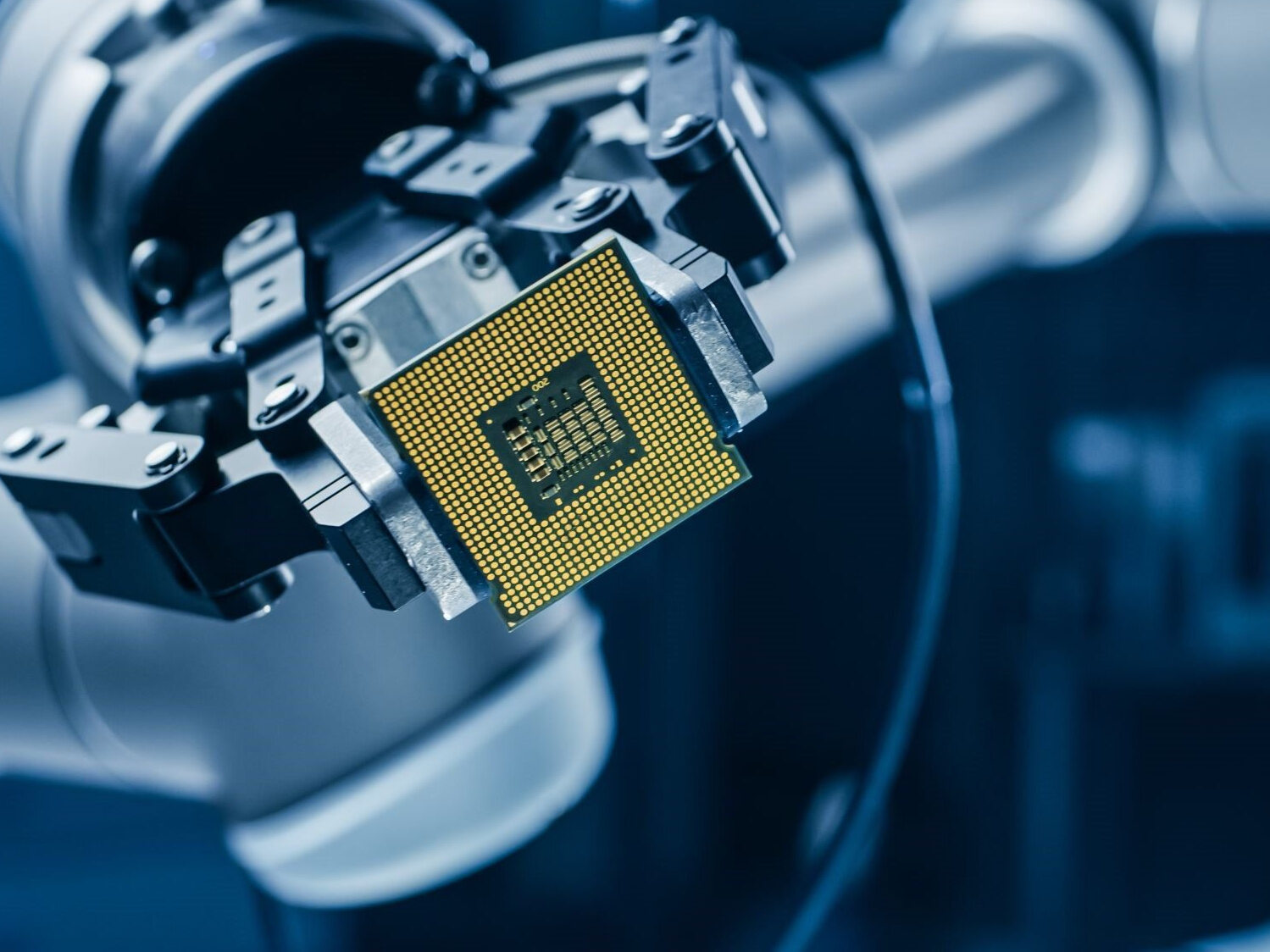American chips support the Russian military. This is how Moscow circumvents the sanctions

Western chips are flowing to Russia despite the sanctions imposed on Moscow. The regime of Vladimir Putin needs a huge amount of electronics to sustain the invasion of Ukraine. The country gets it with a few tricks.
Western chips used in laptops and smartphones are becoming the foundation of the Russian military. Technically, trade in such goods with Russia has been banned for a long time, and yet Moscow is still able to ensure constant access to the parts necessary for the army. How is this possible?
The Russian army uses electronics from the US
Numerous commercial data and cargo manifests make it clear – electronics, e.g. from the USA goes to Russia bypassing numerous sanctions imposed on the aggressor country. In the year of the invasion of Ukraine, Russian semiconductor imports totaled as much as $2.5 billion. This is a significant increase compared to the peaceful 2021, when Moscow needed electronics worth only $1.8 billion.
According to the KSE Institute report from Kiev, the analysis of 58 wrecks of Russian military equipment revealed over 1,000 parts from the West. Two-thirds of them came from the US and the rest from Ukraine’s allies such as Japan and Germany. Most often, these are semiconductors, which should not fall into the hands of Russian soldiers under any circumstances.
“Russia’s evasion and circumvention of sanctions is surprisingly brazen these days. Moscow is still able to import all the necessary components for the army, which are produced in the West, says Elina Ribakova, one of the authors of the KSEI report.
How do US parts get to Russia?
At the moment, all US products except food and medicine cannot be sold to meet the needs of the Russian military. This is just a theory though. As it turns out, various transactions are carried out without major obstacles with the help of intermediaries.
This is happening, among others, with the tacit consent of China, Turkey and the United Arab Emirates. In the fourth quarter of last year, imports from Hong Kong and China accounted for as much as 87 percent. of all microchip trade with Russia. Before the war, these countries accounted for only 33 percent.
The matter is further complicated by the import of so-called dual purpose. The same chip that is used in washing machines and other household appliances can be adapted for use in drones or other equipment for the army with the help of appropriate tools.






